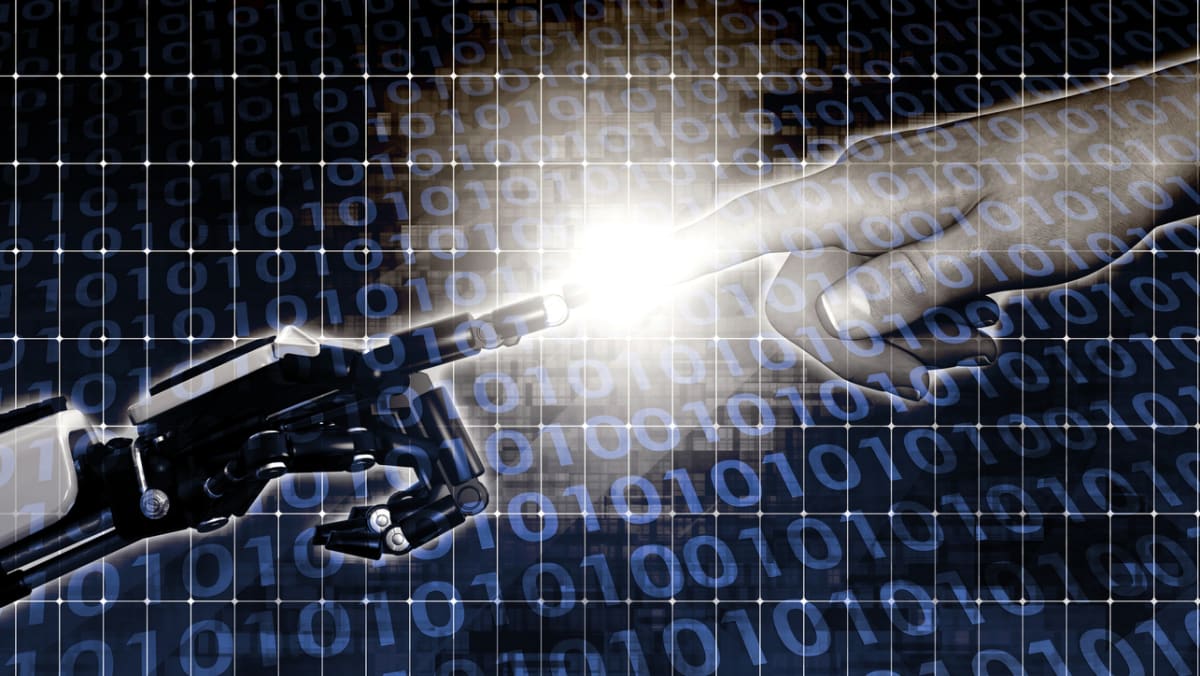Commentary: Who should we hold responsible when AI goes wrong?
AI AND COGNITIVE TECHNOLOGIES
Let us try to look closer at how we interact with calculators and computers, and other technologies that automate some of our thinking. We use computers for a variety of reasons ranging from gaming and connecting to other persons over the Internet to word processing, presentations and performing calculations.
When we use computers in these instances, does that count as trusting computers? Suppose that it does, why do we trust computers in these instances? After all, computers do crash with some regularity.
Plausibly, in most cases except when requiring it to perform calculations, we trust computers because we can immediately verify that the computer is doing what it’s supposed to. When we move our mouse, the cursor moves accordingly. When we press a key, the corresponding letter or number appears on our screen.
When we click the corresponding button, our player character in the computer game moves accordingly. If it was not working properly, the screen would freeze or something else unexpected would happen immediately.
Even though many complicated operations are happening in the background, we can instantly verify whether the computer is working or not.
What about calculation cases? Consider cases where you use your calculator, or the calculator function on your phone or even the various functions in a spreadsheet. Why do we accept the answer in these cases?
One plausible reason why we trust calculators and computers on this score is that we trust the manufacturers and programmers.
Performing various mathematical operations strikes us as obviously being the kind of thing that can be done by a machine that knows only how to blindly manipulate symbols according to an algorithm. It does not require human judgment or knowledge of what those symbols mean.
By contrast, many of the tasks that we want AI to perform do require judgment. To take just one example, treatment recommendations and medical diagnoses have an element of judgment whereby people bring together information from a variety of sources and put them together in complex ways.
It is no simple matter to explicitly spell out all the factors that could possibly apply in making a given diagnosis. This is likely to be true of many decisions in the areas like freight planning, municipal services, education and border security. This complexity means that there is very little that manufacturers and programmers can meaningfully do to prevent a given malfunction.
For all the latest business News Click Here

